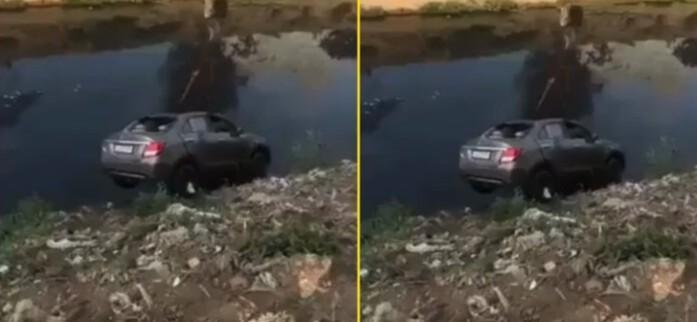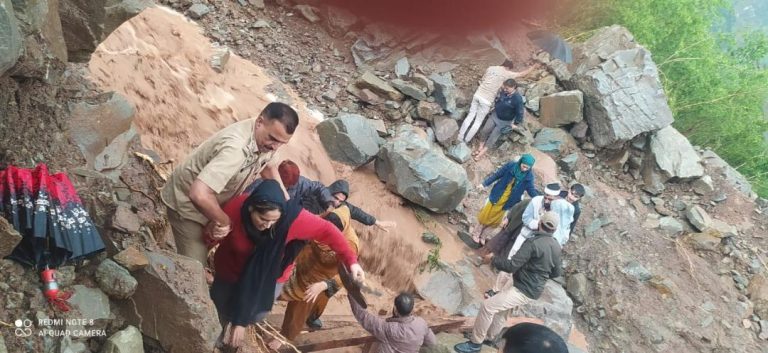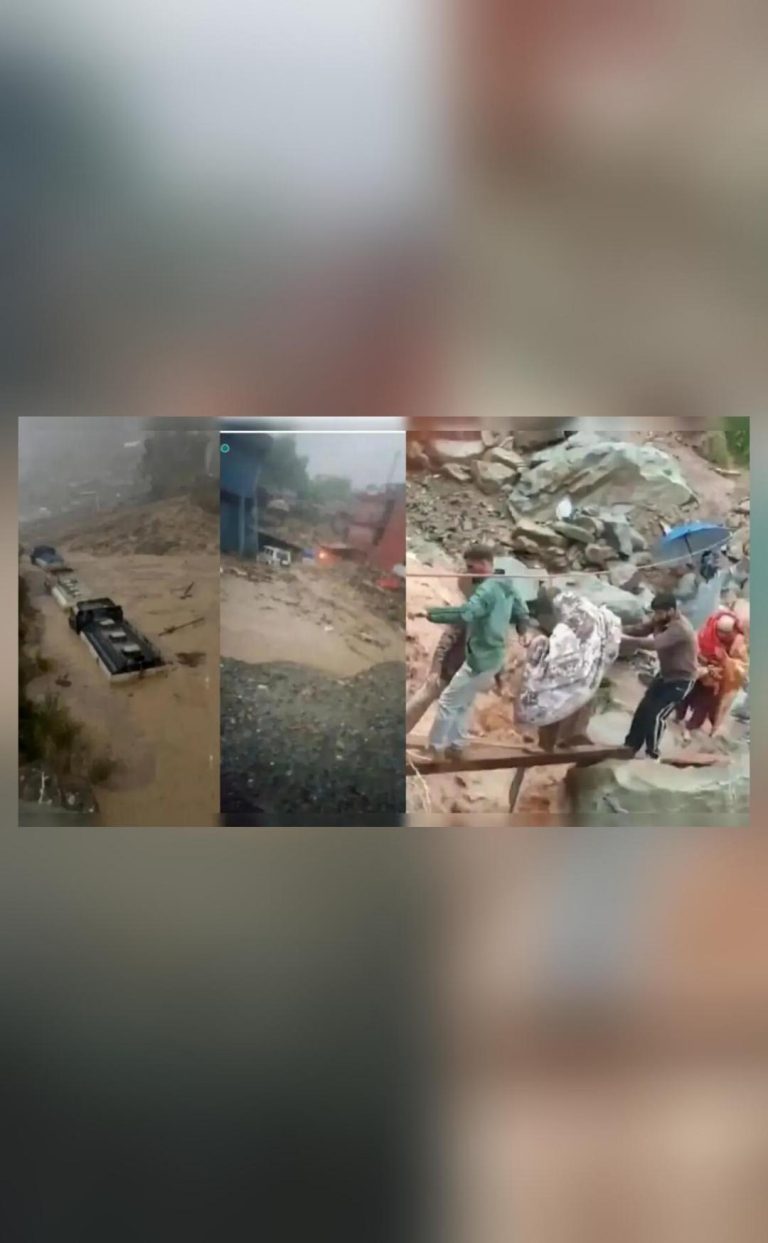
Man Driving with Google Maps Dies After it Misleads Him into Drain
In a shocking and tragic incident, a Delhi-based station master lost his life after his car plunged into a 30-feet-deep drain while he was using Google Maps as his navigation aid. The incident occurred on Saturday in Greater Noida, leaving the family and friends of the deceased, Bharat Bhati, in a state of shock and grief.
According to reports, Bharat Bhati was driving his Maruti Suzuki Swift Dzire from Delhi to Kasna when the GPS mishap occurred. It is unclear at this point what went wrong with the mapping app, but it is believed that it led him to take a wrong turn, which ultimately resulted in his car falling into the drain.
The incident was captured on camera, and visuals of the rescue operation have surfaced online. The rescue efforts were a complex and challenging process, as the car was submerged in water and the drain was too deep for emergency responders to easily retrieve it.
The rescue team, comprising of firefighters and local authorities, took several hours to recover the car and the body of Bharat Bhati. The incident has raised questions about the reliability of GPS navigation technology and the measures that companies like Google need to take to prevent such tragedies from occurring in the future.
Bharat Bhati was a 38-year-old station master with a family and a promising career ahead of him. His untimely death has sent shockwaves through the community, with many people expressing their condolences and outrage on social media.
The incident has also sparked a debate about the accountability of companies like Google, which provide GPS navigation services to millions of users around the world. While Google Maps is an incredibly useful tool for navigating unfamiliar areas, it is not infallible, and incidents like this serve as a reminder that technology is only as good as the humans who develop and use it.
In response to the incident, Google has issued a statement expressing its condolences to the family of Bharat Bhati and acknowledging the need to improve the accuracy and reliability of its mapping technology. The company has promised to conduct a thorough investigation into the incident and to take steps to prevent similar tragedies from occurring in the future.
However, some experts have questioned whether Google’s statement is enough, given the devastating consequences of the incident. They argue that the company has a responsibility to ensure that its technology is not only accurate but also safe and reliable, particularly in situations where lives are at risk.
The incident has also raised questions about the role of human error in such incidents. While Google Maps may have provided incorrect directions, it is ultimately up to the user to verify the accuracy of the information and to use their own judgment when navigating unfamiliar areas.
In conclusion, the tragic death of Bharat Bhati serves as a sobering reminder of the importance of using technology responsibly and safely. While GPS navigation technology has revolutionized the way we travel and navigate, it is not a substitute for human judgment and common sense.
As we move forward, it is essential that companies like Google prioritize the safety and reliability of their technology and take steps to prevent similar incidents from occurring in the future. It is also important that we, as users, use technology responsibly and critically, and always verify the accuracy of the information we receive from our devices.






